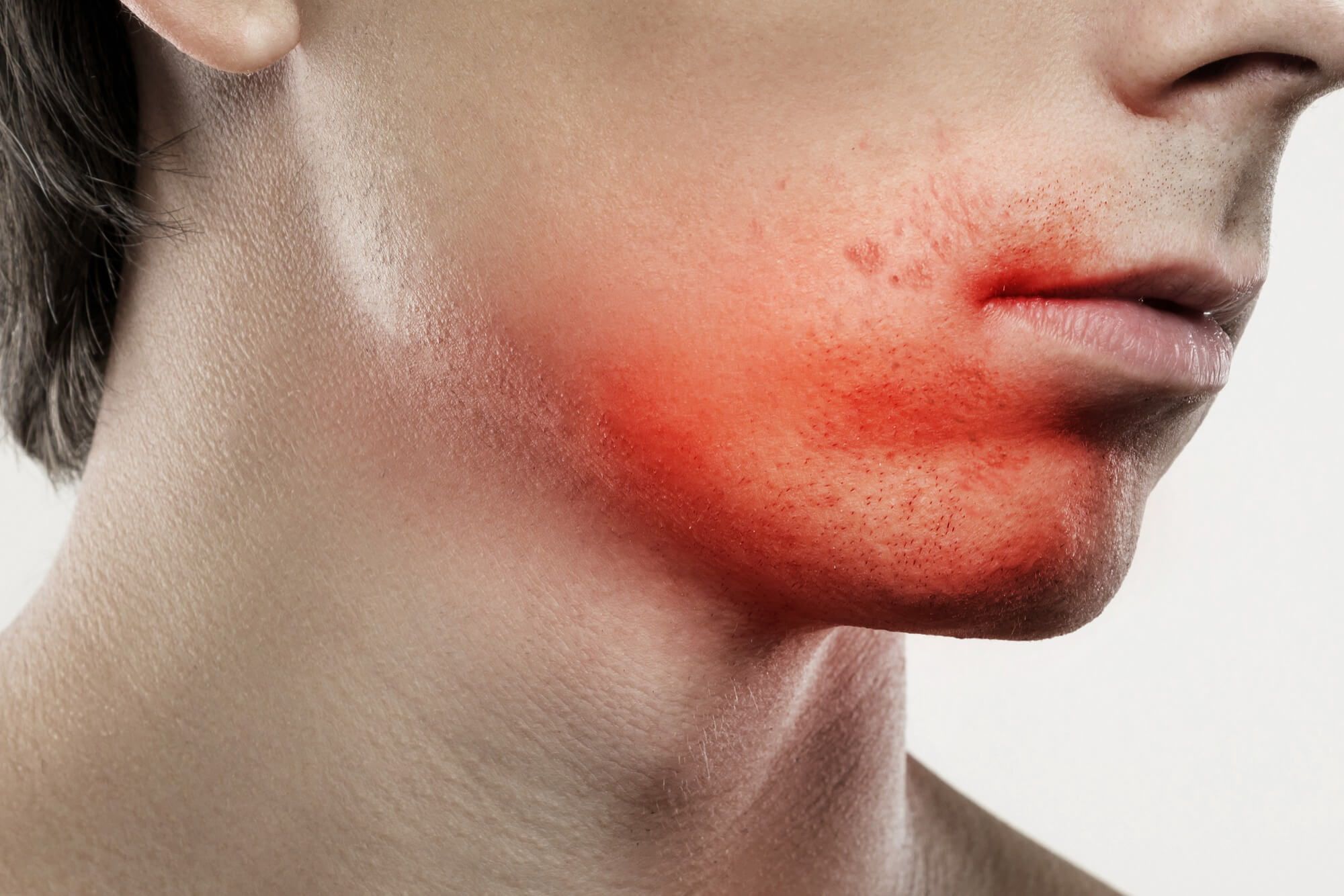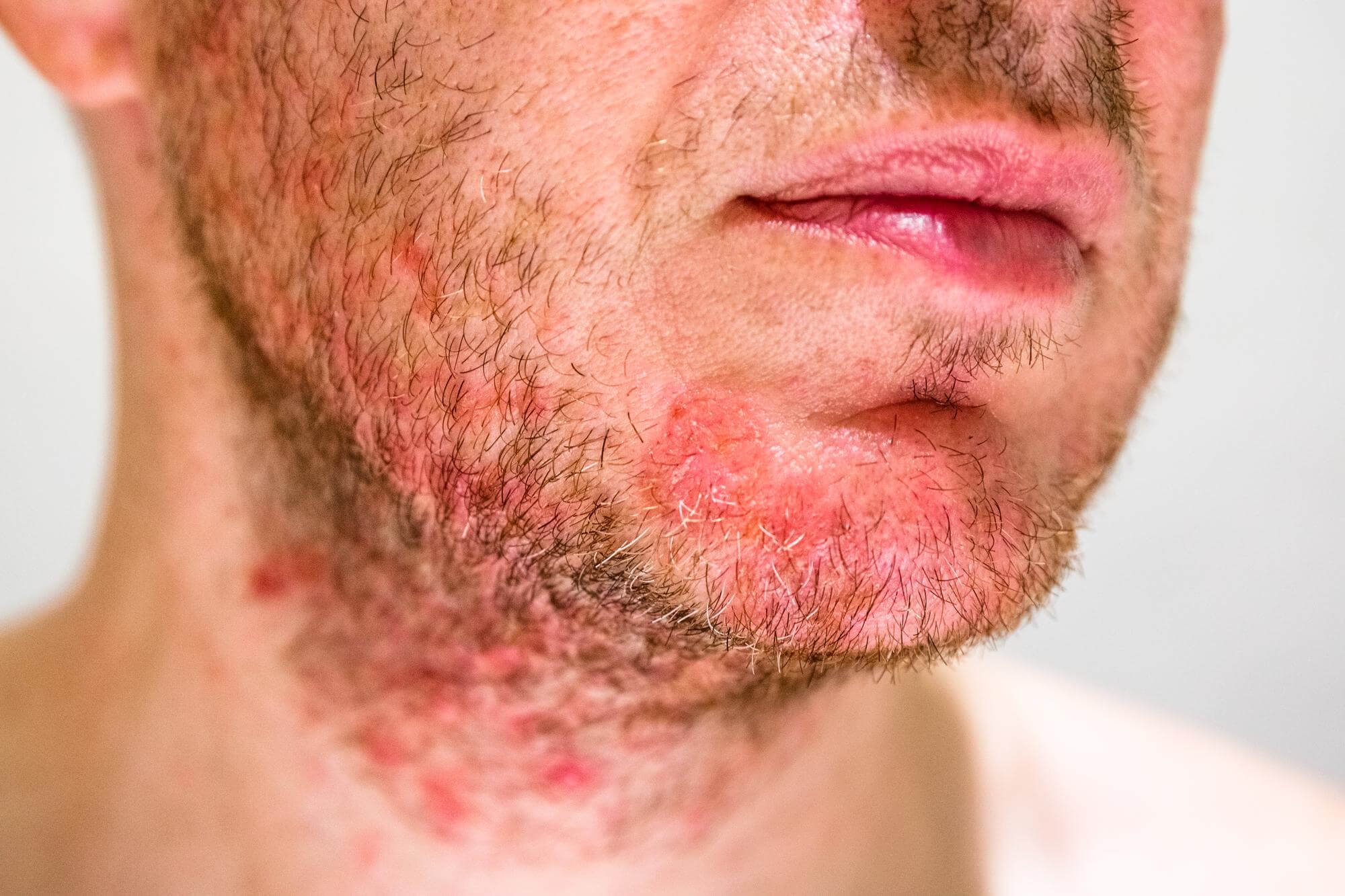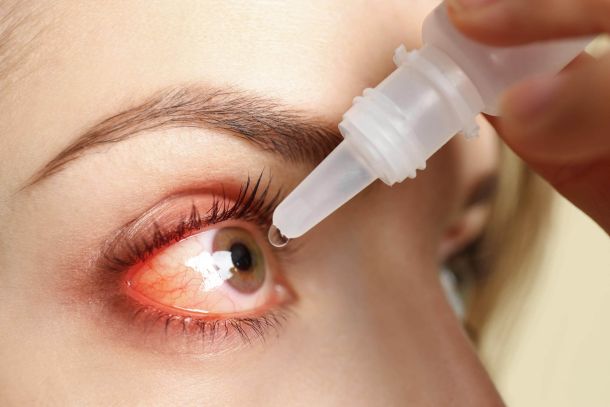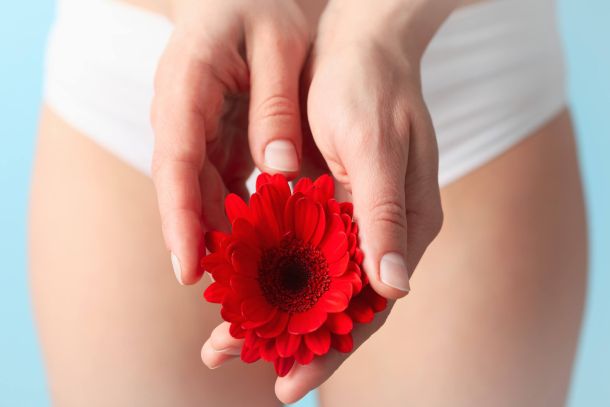Allergies on the chin: how to get rid of itching and redness


Eva Zakharova
Chin allergy is a common condition that causes discomfort and anxiety for many people. Often patients complain of having an itchy chin, an allergic rash, or allergic pimples. In this article, we will look at the main causes, symptoms, and treatments for allergies on the chin.
Causes of allergies on the chin
Contact allergies
One of the causes of allergies on the chin can be contact with cosmetic products. The reaction occurs due to intolerance to certain ingredients contained in creams, lotions or facial masks.
Metals found in jewelry can also cause an allergic reaction on the chin. Nickel, chromium and cobalt are the most common allergens in this case.
Food allergies

Certain foods can also cause allergic reactions on the skin of the chin, especially if the person is prone to allergies.
Allergies to pollen and mold
Plant pollen and mold are common allergens that can cause allergic reactions, including a rash on the chin.
Allergies to pet hair and dander
Pet hair and dander can also cause allergic reactions, including on the chin.
Chin allergy symptoms
Skin manifestations

- Redness and itching on the chin are the most common symptoms of allergies. The itching can be quite severe, causing discomfort and anxiety.
- An allergic reaction can lead to dry and flaky skin on the chin. In some cases, the skin may become rough and cracked.
- Redness and swelling on the chin can be signs of allergies. These symptoms may worsen with constant contact with the allergen.
General symptoms of allergies
- Allergies can cause tearing and itching in the eyes, especially if the allergen gets on the skin near the eyes.
- Nasal congestion and sneezing can also be symptoms of allergies to the chin, especially when allergic to pollen or mold.
- In some cases, allergies can cause coughing and difficulty breathing, especially if the reaction is severe.
Diagnosis of allergies on the chin
To determine the cause of an allergy on the chin, the doctor may perform a visual examination and gather a history. It is important to tell the doctor about any possible allergens you may have encountered.
- Skin tests are a common method of diagnosing allergies. The doctor applies small amounts of possible allergens to the skin and observes the skin reaction.
- Blood tests may be done to determine the level of immunoglobulin E (IgE) in the blood, which is an indicator of allergies. These tests help determine the presence of allergies and identify specific allergens.
Treatment of allergies on the chin

The most effective way to treat an allergy on the chin is to eliminate contact with the allergen. This may include changing cosmetic products, avoiding contact with animals, or taking steps to reduce your body's exposure to pollen and mold.
Topical remedies to relieve symptoms
Hydrocortisone ointment may be prescribed to relieve itching and inflammation on the chin. It has anti-inflammatory and anti-itching properties that help improve skin conditions.
Antihistamine ointments and creams, such as phenistyl or psilo-balm, may also be prescribed to relieve itching and irritation on the chin.
Systemic allergy treatment
Antihistamines such as loratadine, cetirizine, or fexofenadine may be prescribed by your doctor to relieve the general symptoms of allergies. They help reduce itching, lacrimation, nasal congestion, and other manifestations of allergies.
In severe cases of allergies on the chin, the doctor may prescribe corticosteroids, such as prednisolone, to reduce inflammation and relieve symptoms.
Preventing allergies on the chin

To prevent allergies on the chin, it is important to follow a number of measures:
- Use hypoallergenic cosmetics and avoid Use hypoallergenic cosmetics and avoid products with harsh ingredients.
- Observe hygiene rules, regularly wash and clean the skin on the chin, especially after contact with allergens.
- During plant dusting, close windows and use air conditioners with filters.
- If you are allergic to animal hair or dander, try to avoid contact with animals and clean the house regularly.
- If possible, eliminate foods that cause food allergies from your diet.
Chin allergies can have different causes, symptoms and treatments. If you have allergic pimples, itchy skin, or an allergic rash on the chin, you should see an allergist for diagnosis and appropriate treatment. By taking preventive measures, you can reduce the risk of allergies on your chin and improve your quality of life.
New materials
Popular Articles
We recommend reading
Contact us in the Contact Us section to ask questions, offer ideas, or for more information about our allergy resource.
Our articles are your trusted source of allergy knowledge. Learn how to make life with allergic reactions easier on our specialized portal.
©
Lechenie-Allergii.com. All rights reserved.
© Lechenie-Allergii.com. All rights reserved.
The information on this site is for informational purposes only and is not a substitute for professional medical advice. We recommend consulting with qualified medical professionals for accurate information and advice.
 English
English  Українська
Українська  Русский
Русский 









